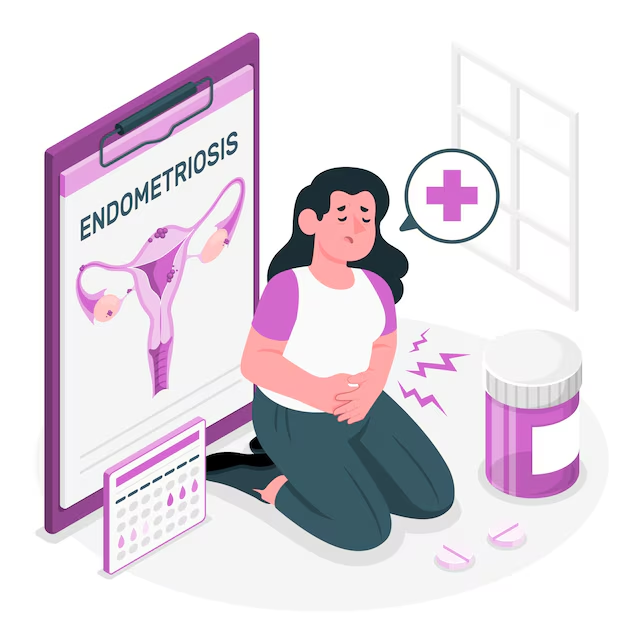How pregnancy affects intimacy

Pregnancy is a profound and transformative journey physically, emotionally, and relationally. While the focus often rests on the physical changes and preparation for the new life ahead, one area that is equally affected, yet less often discussed, is intimacy between partners. For many couples, intimacy evolves throughout the pregnancy cycle, influenced by hormonal shifts, body changes, emotional states, and expectations for parenthood.
Let’s explore how pregnancy affects intimacy, the challenges couples may face, and how to nurture connection during this unique time.
1. Physical Changes and Sexual Desire
Pregnancy brings a cascade of physical transformations that can affect sexual desire in both partners. These changes are often trimester specific:
-
First Trimester: Fatigue, nausea, and hormonal fluctuations may reduce libido. Many women feel too tired or unwell to think about intimacy.
-
Second Trimester: Often called the "honeymoon phase" of pregnancy, energy levels typically rebound, and increased blood flow to the pelvic area can heighten arousal and pleasure.
-
Third Trimester: Discomfort due to a growing belly, back pain, and sleep disturbances can lead to reduced sexual activity or altered intimacy.
For some women, these changes may increase sexual desire, while others may feel a disconnection from their body. Likewise, partners may struggle with understanding or reacting to these changes.
2. Emotional Vulnerability and Connection
Pregnancy is an emotional rollercoaster. Hormonal shifts can lead to mood swings, anxiety, and even feelings of insecurity. A woman may feel vulnerable about her changing body or worry about being less attractive. Her partner may also experience fear fear of hurting the baby during intimacy or of the impending responsibilities of parenthood.
During this period, open communication is essential. Expressing feelings, fears, and needs openly can strengthen emotional intimacy, even if physical intimacy temporarily declines.
3. The Role of Communication in Maintaining Intimacy
The foundation of any healthy relationship especially during pregnancy is communication. As physical needs and emotional states change, talking openly about comfort levels, desires, and boundaries is vital.
Discuss:
-
What feels good or doesn’t during intimacy.
-
Non-sexual forms of connection (like cuddling, massages, hand-holding).
-
Expectations about closeness and space.
Empathy and patience from both partners go a long way in preserving closeness.
4. Non-Sexual Intimacy Becomes More Meaningful
Intimacy isn't only about sex. During pregnancy, many couples find themselves deepening their emotional and spiritual connection. Simple acts like:
-
Preparing for the baby together,
-
Going for walks,
-
Talking about hopes and fears,
-
Or just being present for each other…
…can all build a stronger bond.
Touch, eye contact, and affection can be just as fulfilling as intercourse and help maintain a sense of unity.
5. Postpartum Planning and Intimacy
Looking ahead, it's also important to acknowledge that intimacy may continue to change after the baby arrives. The postpartum period involves recovery, sleepless nights, and shifting dynamics. Couples who build strong communication and emotional closeness during pregnancy often transition more smoothly into this next phase.
Planning for support, sharing responsibilities, and setting realistic expectations about intimacy after birth can ease this shift.
6. Tips to Nurture Intimacy During Pregnancy
-
Be flexible: Understand that sexual needs and energy will fluctuate.
-
Create space for closeness: Schedule date nights or quiet time together.
-
Reassure each other: Compliment your partner, affirm your love, and celebrate each stage of the journey.
-
Educate yourselves: Read together about pregnancy and intimacy, attend prenatal classes, or consult a doctor if needed.
-
Explore new ways to connect: Try gentle touch, emotional bonding activities, or even journaling together.
Related Articles

Changing pads/tampons regularly

Using protection even during menstruation

Self-kindness when you’re not at 100%

Planning meal prep for post-birth

What Your Vaginal Discharge Can Tell You About Your Health

Benefits of walking daily

Where period pain comes from

How to track your cycle with a calendar or app